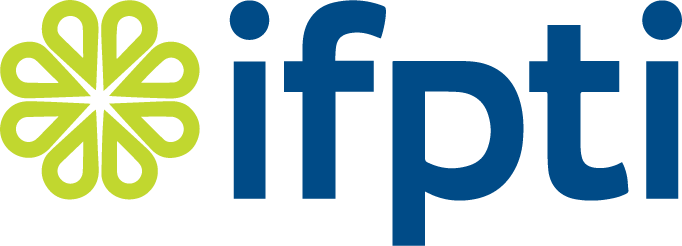IFSS Human and Animal Food Laboratory
Entry (Program Specific)
Chemistry
Content Area: Basic Chromatography
Description: The basic principles of chromatography as an analytical tool, the theory behind the instrumentation, different detectors, applications and general maintenance.
Topic Areas:
-
Description: The principles of chromatography.
Terminal Competency:
Explain the theory of separation of a mixture of chemical compounds using partitioning between mobile and stationary phases.
Enabling Competencies:
1. Explain separation using partitioning between mobile and stationary phases.
2. Relate solubility and partition coefficients to chromatography separation.
3. Describe the use of integration to quantitate chromatographic analytes.
4. Explain the importance of polarity in the stationary phases.
5. Explain the difference between gas and liquid mobile phases.
To see a set of behavioral anchors, which provide further detail about the enabling competencies and can be used for assessment against the enabling competencies, contact IFPTI.
-
Description: The application of chromatography.
Terminal Competency:
Explain the application of separation science.
Enabling Competencies:
1. Explain how to optimize chromatographic resolution.
2. Explain how to control matrix effects.
To see a set of behavioral anchors, which provide further detail about the enabling competencies and can be used for assessment against the enabling competencies, contact IFPTI.
-
Description: Foundational knowledge of chromatography instrument platforms.
Terminal Competency:
Describe the characteristics of instrument platforms.
Enabling Competencies:
1. Identify the components of chromatography instrument systems.
2. Differentiate the application of liquid chromatography (LC) v gas chromatography (GC).
3. Describe the applicability of various detectors.
4. List types of chromatography instrument systems.
5. Differentiate reverse phases from normal phase.
To see a set of behavioral anchors, which provide further detail about the enabling competencies and can be used for assessment against the enabling competencies, contact IFPTI.
-
Description: Identification and quantitation of analytes.
Terminal Competency:
Explain the quantification of the identified analytes.
Enabling Competencies:
1. Explain the identification of analytes.
2. Describe the use of standards in chromatographic analysis.
3. Describe the purpose of instrument calibration.
To see a set of behavioral anchors, which provide further detail about the enabling competencies and can be used for assessment against the enabling competencies, contact IFPTI.
-
Description: The steps to operate chromatographic instruments.
Terminal Competency:
Identify steps in operation of chromatographic instruments.
Enabling Competencies:
1. Describe the elements of an instrument maintenance plan.
2. Describe system suitability.
3. Identify safety considerations.
To see a set of behavioral anchors, which provide further detail about the enabling competencies and can be used for assessment against the enabling competencies, contact IFPTI.
Learning Resources:
Coming Soon
Assessments:
Coming soon
